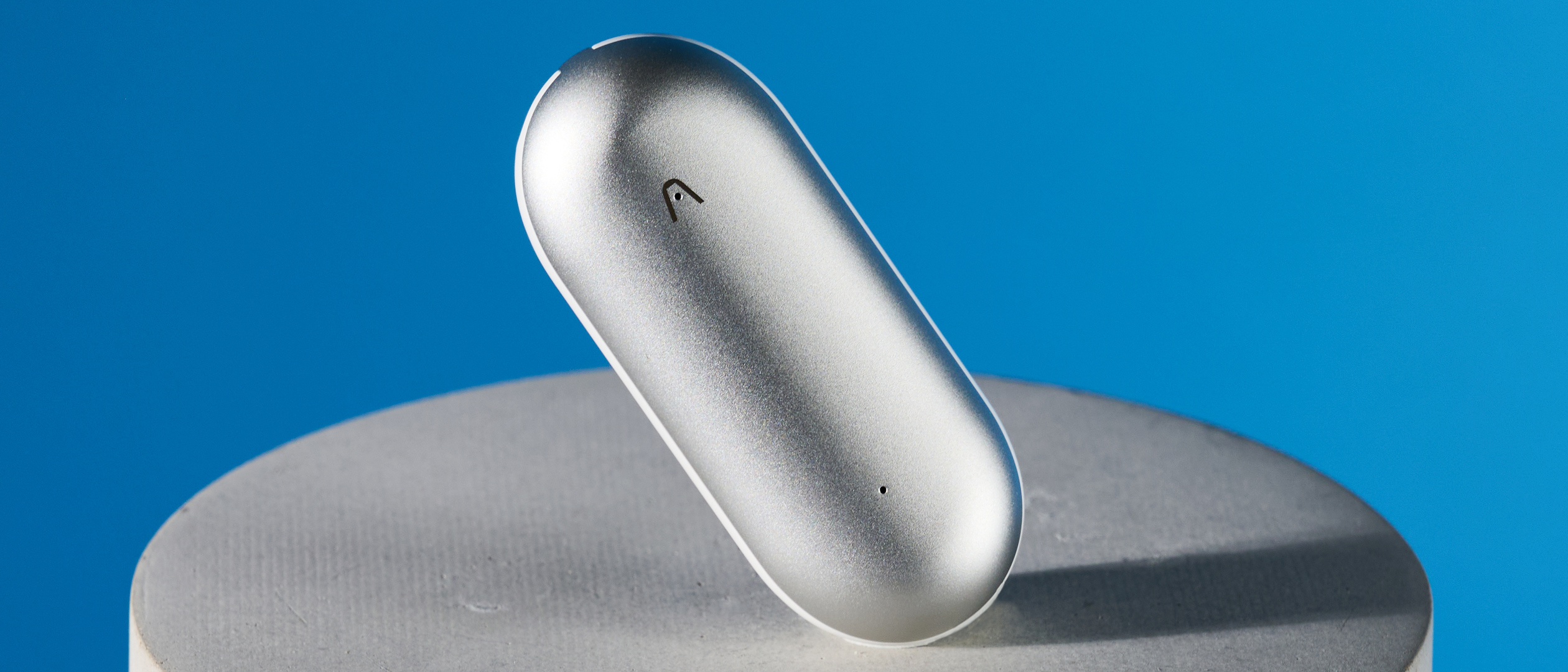iPhone 12 and Apple Watch 6: What this week's OS leaks tell us
You can learn a lot about Apple's ambitions just by paying attention to leaks.
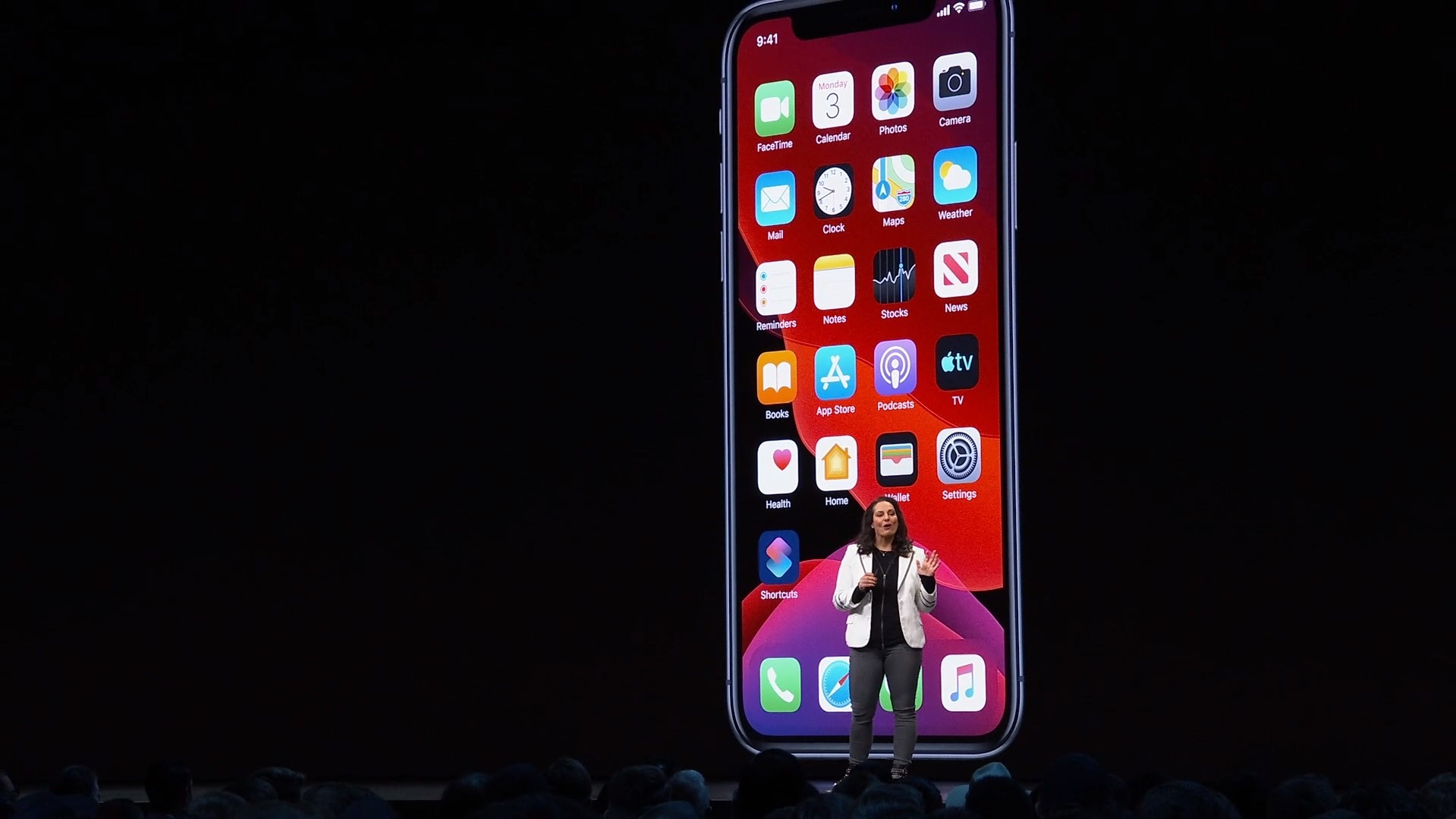
So often when we're talking about tech companies and their products, we become so focused on the shiniest new gadget and the spec sheet that accompanies it that we don't pay enough attention to the bigger picture. Tech giants aren't just capable of playing a long game, it's required — because it can take years for technology to be conceived of and years more for the production lines to be built to manufacture it.
Every smartphone is the sum of dozens of these different technologies, not just the hardware itself but the software that makes it function. Whether it's a new camera design or a folding screen or a microprocessor or a charging port, it takes time. As Yoda taught us, always in motion the future is — and if you're a tech CEO or product strategist, you're making decisions now that will affect your products a year, two years, even five years down the road. There's a reason those people get paid the big bucks, and it's not (just) the cost of living in Santa Clara County, California.
- iOS 14: Release date, features, beta and more
- Apple Watch 6: What to expect
- iPhone 12: Release date, price, specs and more
As so often happens, this week we got a glimpse at what Apple's been working on for its next round of software updates, thanks to a series of iOS 14 leaks and watchOS 7 rumors. And if you look at the substance of those leaks closely, you can see the forest for the trees. Apple's priorities are visible. Just look.
iOS 14: 3D sensors lead to better AR in iPhone 12 and beyond
Apple's been rumored to be working on some sort of Apple AR Glasses for quite some time now. Tim Cook has been hyping the potential importance of AR for a few years. But that's a product category that requires an awful lot of new technologies to do right. Apple has been doing a lot of its research and development for AR in public, via software and hardware that the company's been adding to the iPhone and iPad.
9to5Mac says it's seen iOS 14 source code containing support for new camera hardware rumored to be coming to both the new iPad Pro and iPhone 12. The big feature here is a new "time of flight" 3D sensor, which can more precisely detect depth of field. I'm sure that this will lead to increasingly sophisticated Portrait Mode camera effects, but it'll also be sold as a feature for augmented reality applications in games, education, and other fields — especially on the iPad.
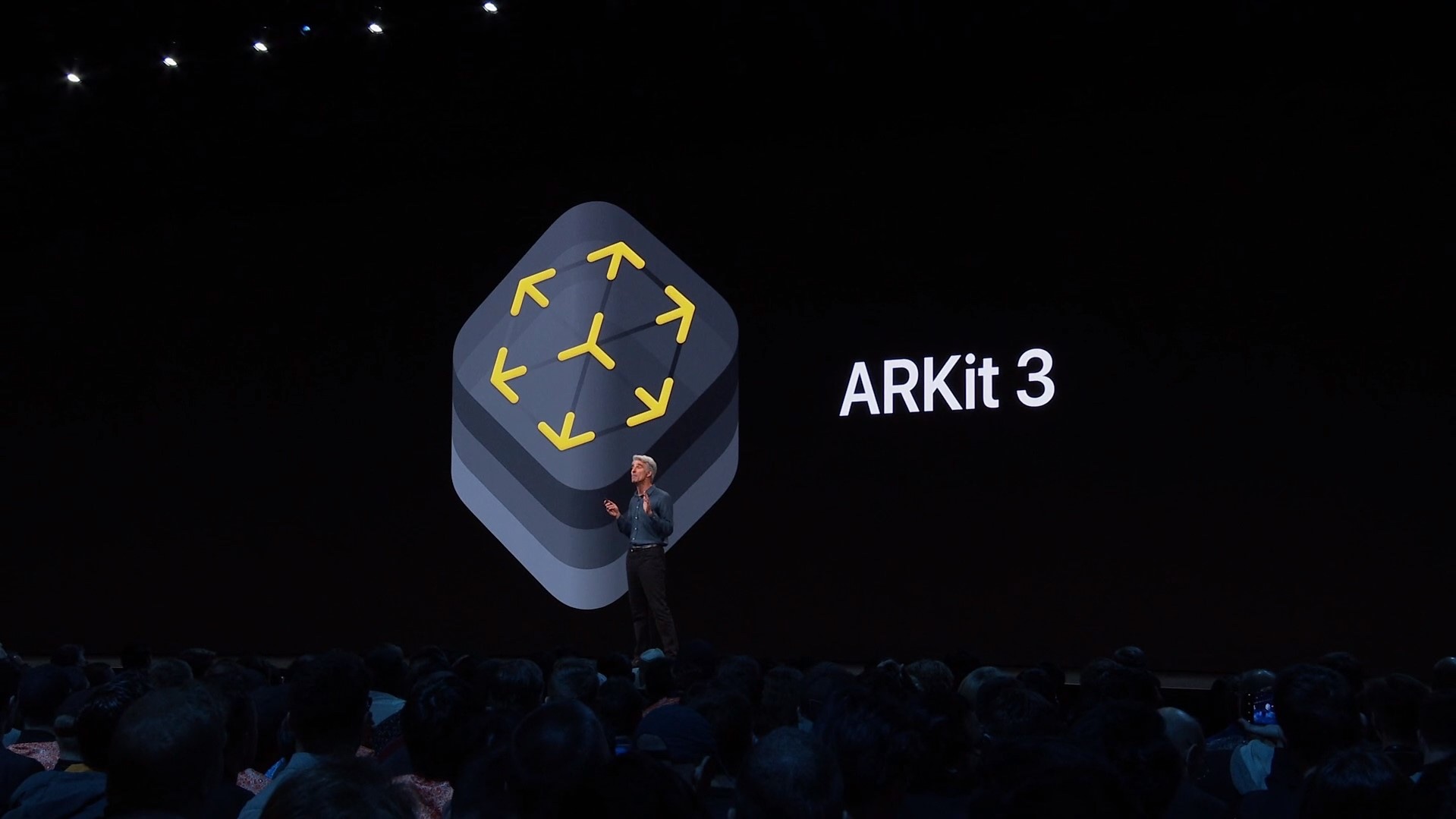
Presumably Apple will also continue its recent improvement of ARKit, the software side of this equation, which has been updated regularly over the last couple of years. And sure, AR can be fun on an iPhone or an iPad under the right circumstances, but let's be honest: This is all just laying the groundwork for that augmented-reality product Apple hasn't announced yet.
watchOS 7: Health and fitness features will drive Apple Watch 6
In the years since the Apple Watch was first released, Apple has increasingly focused on the device as a health and fitness utility. As a result, most of Apple's efforts in adding features to the watch have been health-focused, and this year appears to be no different as we march toward the Apple Watch Series 6.
After years of rumors that Apple was tinkering with adding blood oxygen saturation readings to the watch, reports suggest it may happen. If you've ever had one of those little plastic things clipped to the end of your finger, you've had your blood oxygen measured. It's hardly complex hardware, but medical sensors are highly regulated and there are different regulatory bodies for most countries. It takes some effort for Apple to bring new sensors to the Apple Watch, as we saw in the very slow rollout of the ECG introduced in the Apple Watch Series 4.
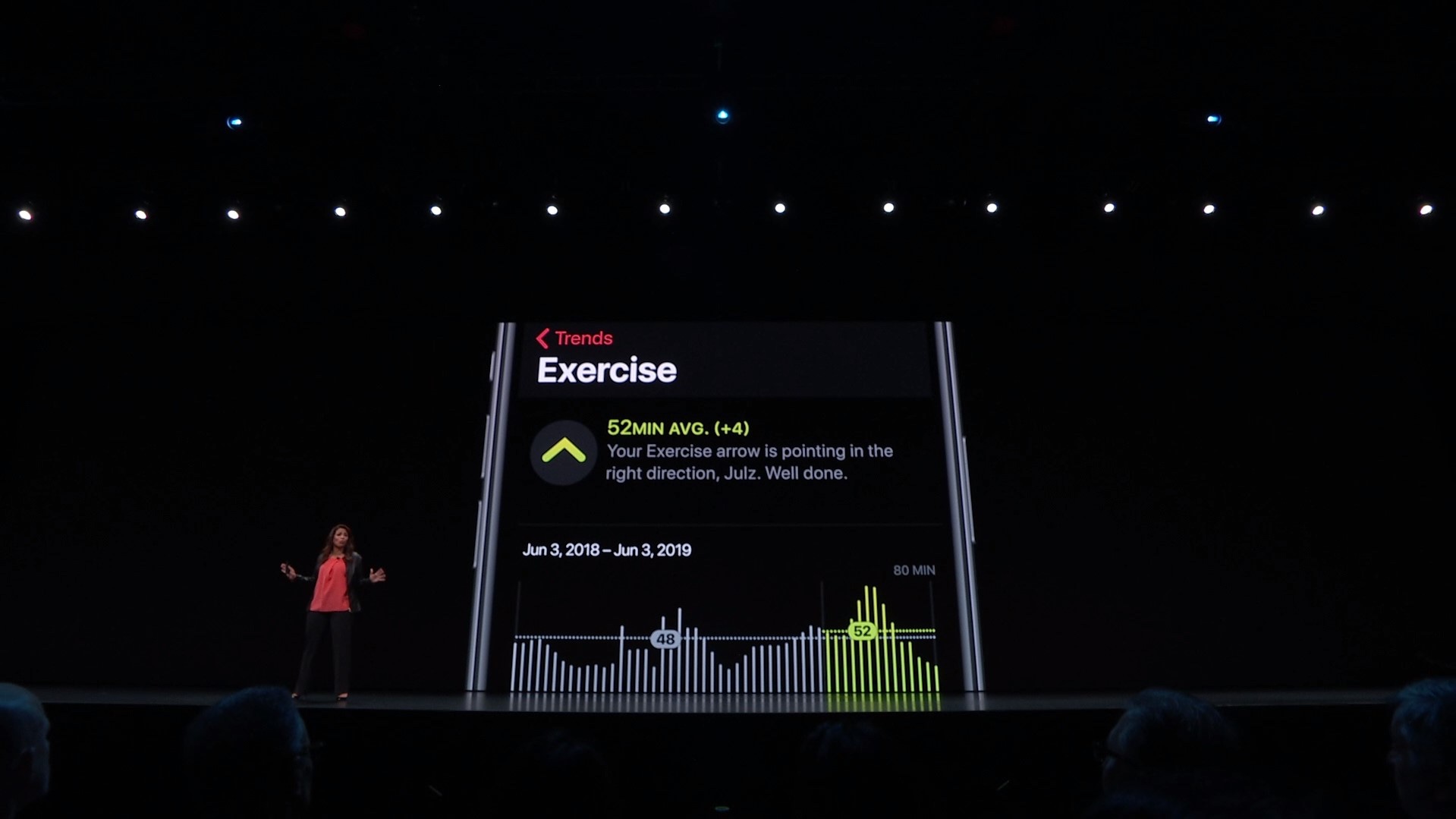
Then there's sleep tracking. Apple Watch watchers have wondered for some time when this feature would finally arrive. But Apple has been carefully trying to balance sleep-tracking features and battery life. You've been able to sleep with your Apple Watch on for some time now, and third-party apps will track your sleep. The catch is, you need some time to top up your watch to get you through the night. (Charging when you shower or bathe seems to be the optimal approach.) The tighter an envelope Apple's got for watch battery life, the more dangerous it would be to market a sleep feature.
Maybe this will be the year, though, and it would be a win for Apple. Getting proper sleep is a huge aspect of wellness, and the Apple Watch could use that health data to begin recommending real bedtimes. It could also feed into a fuzzy alarm clock feature that monitors when you're at the right point in your sleep cycle to wake you. And sleep logs could help doctors who are treating patients with sleep disorders.
A continued commitment to accessibility
Apple's understandably proud of how its devices are used by people who have disabilities, so it's unsurprising that Apple would continue to push in those areas. This week's reports suggest that the iPhone, Apple Watch and AirPods Pro will all get boosts to accessibility.
A lot of accessibility features start to blend into features that could be used in augmented reality applications, too. Imagine an iPhone that can recognize sounds like sirens and crying babies and generate push notifications to warn someone who is deaf or hard of hearing. The AirPods Pro's transparency mode is practically AR already, but the reports suggest the earbuds will be granted new accessibility features to make them more usable for people with hearing loss.
MacBooks going ARM, iPad getting full mouse support
On other fronts, it's all about doing what Apple does best — repeatedly improving its existing product lines. Apple has spent years becoming the premier designer of mobile microprocessors with its A series of chips, and 2020 may finally be the year that it brings those processors to the Mac for the first time. (The company will also presumably spend some effort getting rid of its old, disliked laptop keyboard across the MacBook product line.)
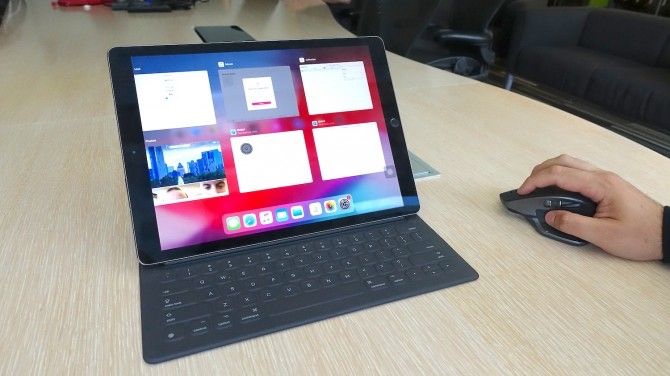
For the iPad, the focus seems to be on continuing to advance the iPad Pro so that it can live up to its name (and inherent processor power). Rumors abound that Apple will be adding full mouse and trackpad support, including gestures, in iPadOS 14.
AirTags: A better key finder
Finally, Apple will continue to push forward with its support for wireless technologies that change the way we live and work. A wireless key finder that uses Ultra Wide Band technology and will be called AirTags is reportedly in the works. In addition, the company's planning on supporting a new standard that lets you use your phone as your car key, and the Express Transit feature lets iPhone users (including users of the rumored new iPhone 9) tap themselves into transit systems without any button taps.
Bottom line
If this week's raft of rumors taught us anything, it's that you can always count on Apple to keep pushing forward with the initiatives it cares about. Health and fitness? Accessibility? Augmented reality? They've been at the top of Apple's product priority list for some time, and nothing seems to have changed on that front.
Sign up to get the BEST of Tom's Guide direct to your inbox.
Get instant access to breaking news, the hottest reviews, great deals and helpful tips.
Jason Snell was lead editor of Macworld for more than a decade and still contributes a weekly column there. He's currently running the Six Colors blog, which covers all of Apple's doings, and he's the creative force behind The Incomparable, a weekly pop culture podcast and network of related shows.
